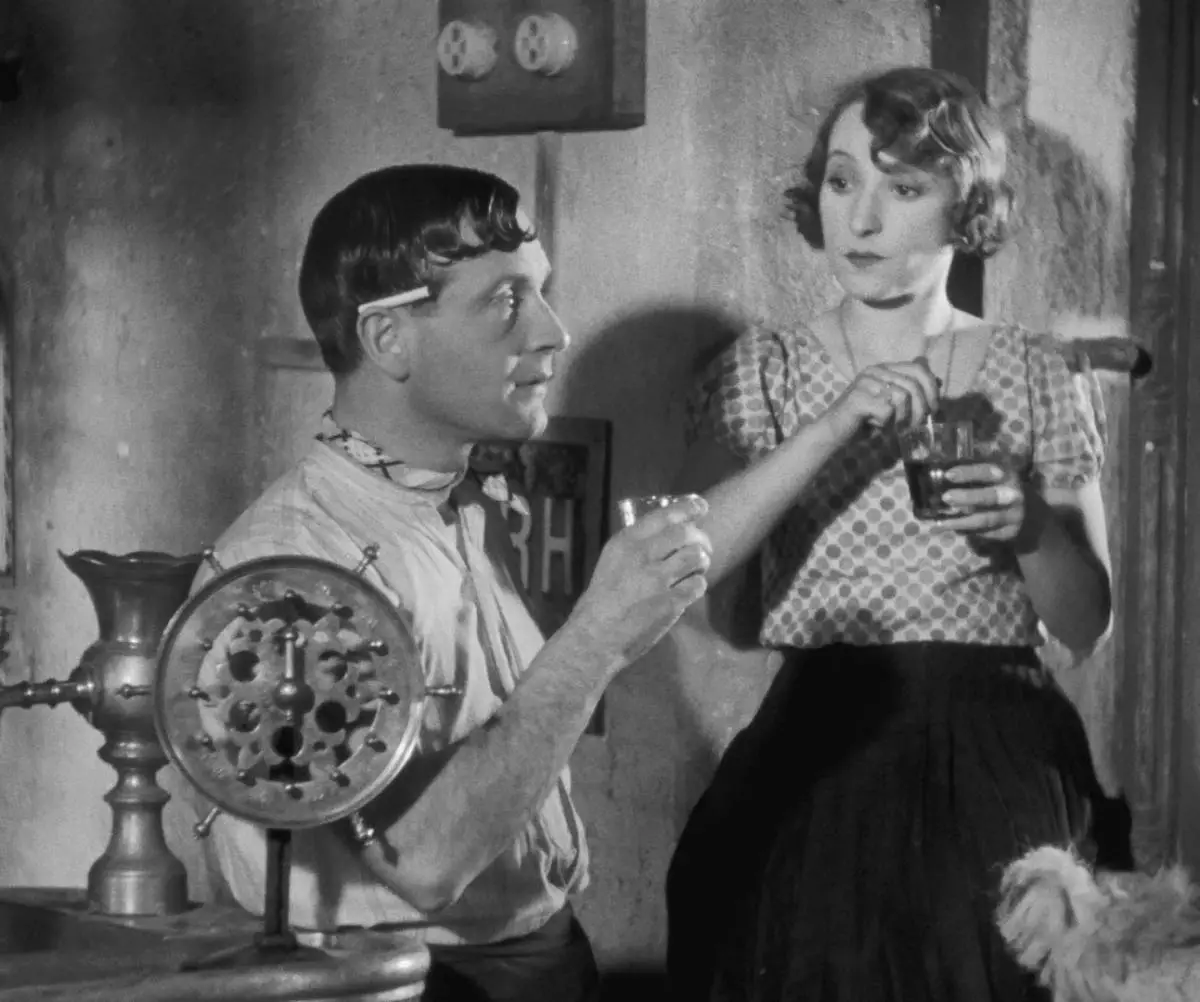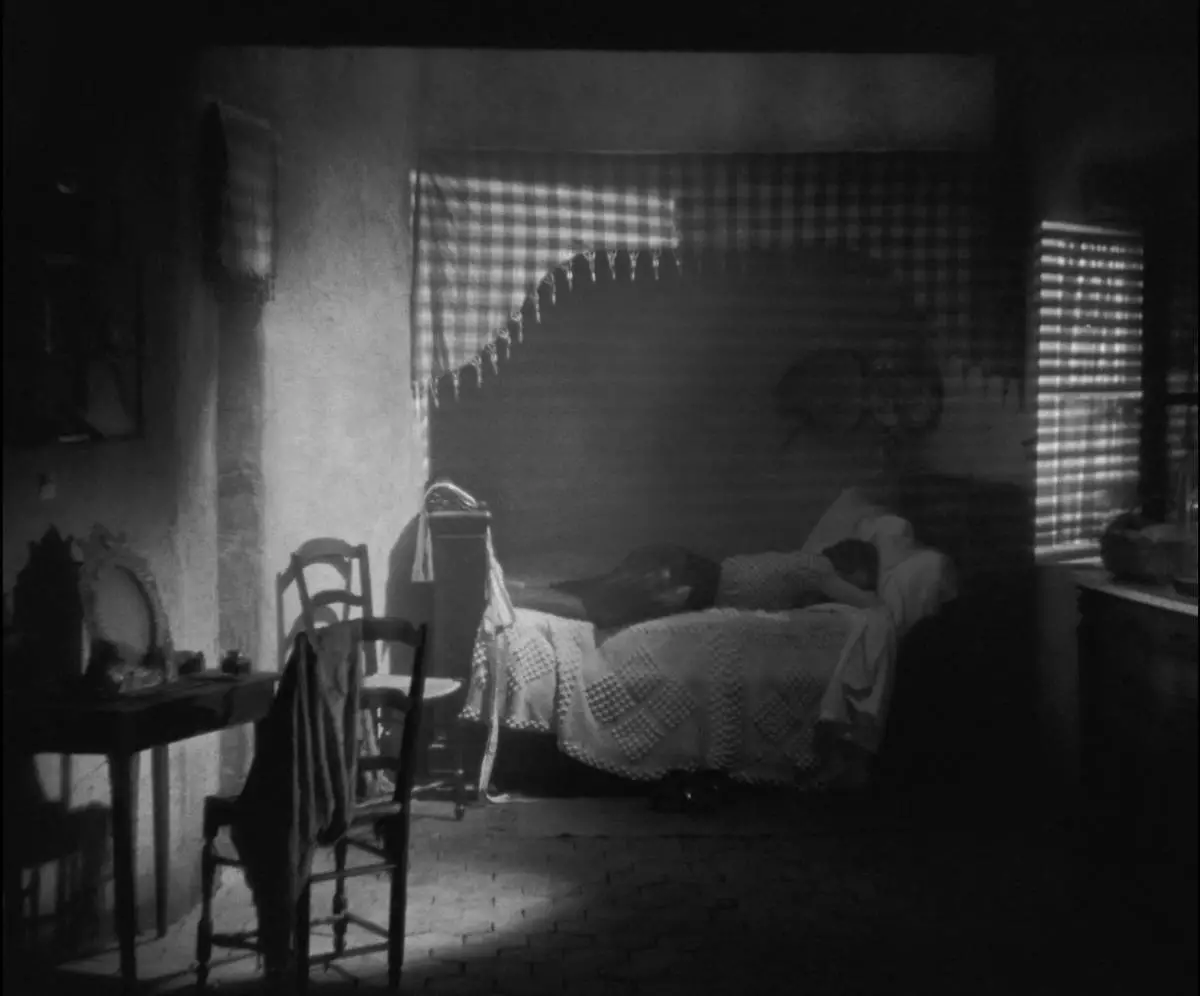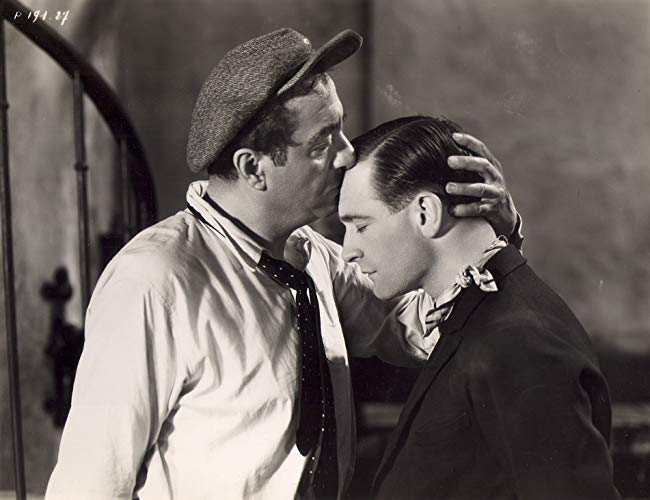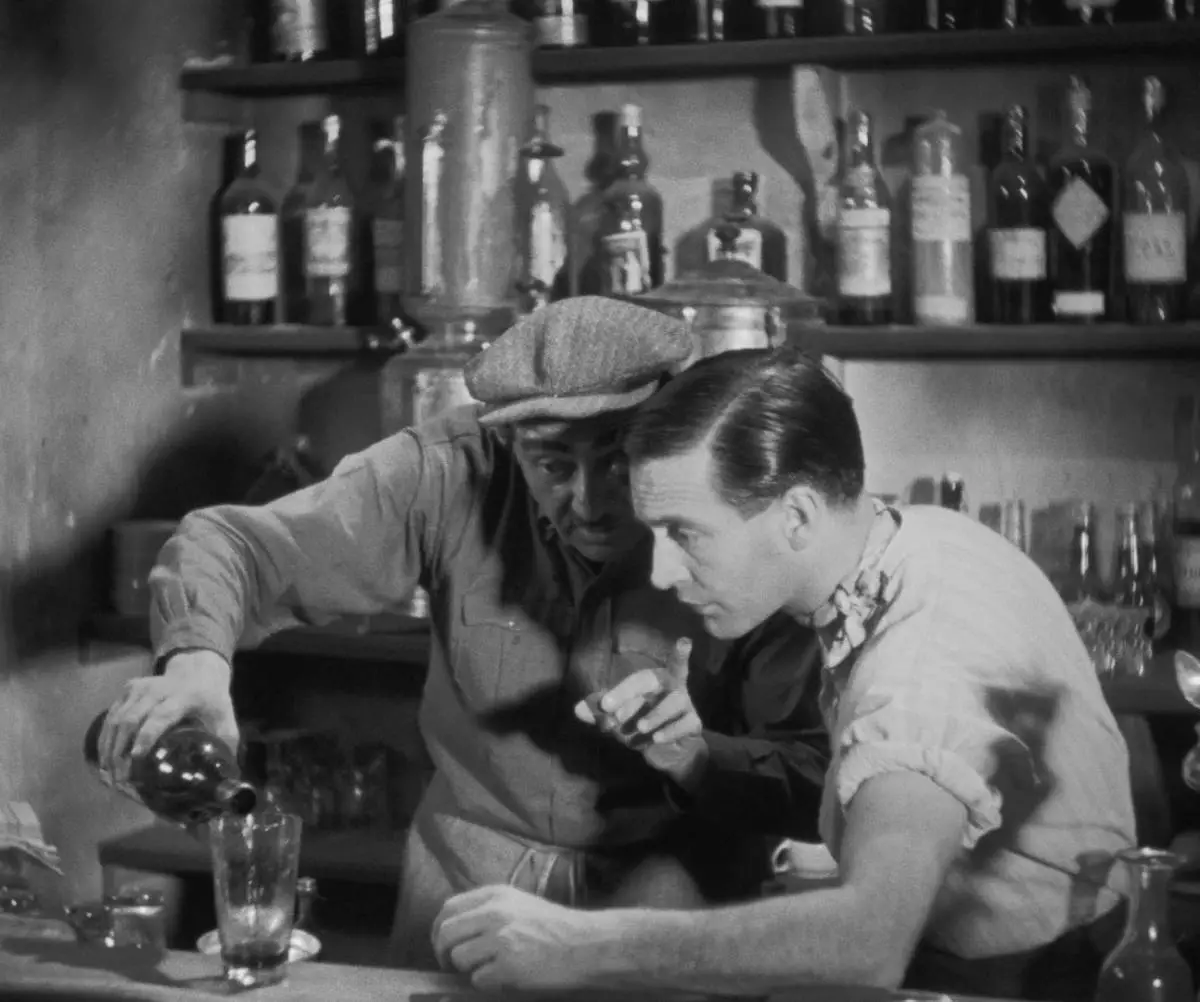I’m somewhat ashamed to admit that most of my Criterion purchases are blind buys. God knows I spend way more money than I need, when I could simply check out most of Criterion’s catalog through the Criterion Channel and my local library. But I like buying things and physically owning Criterion’s beautiful DVDs, Blu-rays, and box sets. One of those purchases (made during one of Criterion’s flash sales, because I’m still a cheapskate) was The Marseille Trilogy. This box set consists of French dramas Marius (1931), Fanny (1932) and César (1936). All were written by French playwright Marcel Pagnol. So far, I’ve checked out Marius, which was touching in its humanity as well as surprisingly and delightfully comedic.
Based on a 1929 Pagnol play of the same name, Marius follows 23-year-old Marius (played by Pierre Fresnay), who works for his father César (Raimu) at the latter’s waterfront bar in the French port city of Marseille. César often chastises his son for his incompetence and absentmindedness. Meanwhile, Marius’s childhood friend Fanny (Orane Demazis) barely hides her romantic feelings for him. Marius reciprocates those feelings but keeps a romantic distance from Fanny. He doesn’t feel he could give her a good life when his heart and obsessions lie with a dream: to sail on the open sea and visit exotic and foreign places on one of the many ships that stop at Marseille.
Marius’s years of dreaming may be over, as his chance to leave Marseille might finally appear. But Marius feels guilty about leaving his father, and Fanny begs him to stay and marry her. Marius’s time to decide is short. Recently widowed Honoré Panisse (Fernand Charpin) wants Fanny to marry him, and she may take him up on that offer. A ship looking for an extra man will also be sailing soon, and Marius needs to give the ship’s captain an answer as to whether he will stay or go. Marius must choose between romance and dreams before both are lost forever.

Many have referred to Marius‘s masterful mixture of the stage and screen. Personally, I don’t see much of that (I also don’t get to plays and musicals as much as I would like, so what do I know). What I can say is that the film doesn’t feel like a stage play thanks to its fluid and confident camerawork. A mobile camera was unusual in at least American productions of the time, which leaned toward static shots as filmmakers continued to learn how to make sound films. It’s a sign of a quality production that the camera is used so deftly. In addition, director Alexander Korda and cinematographer Theodore J. Pahle make great use of the camera to give their audience gorgeous compositions of light and shadow.

But it’s the richness and honesty of Marius’s setting and characters that make this telling of an age-old tale worthwhile. The Marseille square and docks that serve as the film’s settings are teeming with personality and bustling with life, populated by very real characters who don’t conform to just one personality trait, even if you begin the movie thinking otherwise.
What sells the premise are simple, efficient moments when Marius tries to explain his dream to others or convince them why they themselves should shoot for something bigger. They don’t get it. At all. They don’t understand why their smaller goals might be inferior. They don’t grasp why Marius is so passionate and set on his lofty ambitions. Better than anyone, Pagnol shows both the unstoppable force of a dream and the nearly impossible task of explaining it to others.
But Marius’s father has certain expectations, and Marius loves Fanny. The young man doesn’t want to let down or hurt either of them. Pagnol tells the bitter truth: Sometimes you have to let someone go to pursue what or who you love, even if it means breaking your heart.

Marius is also a young, semi-selfish idiot, and I’d like to think Pagnol knew that, too. He’s a little self-centered and moronic because he never appears to stop and think that others are happy with their smaller lives. He also doesn’t think of alternatives that would give him and those he loves the best of both worlds. Maybe there’s a way to explore the world but still see his father and be married to Fanny. But he doesn’t stop to consider that. He is 23, so his narrow and pretentious view isn’t surprising but rather a true representation of youthful romanticism.
I know this all sounds very dramatic and serious, and it is, but I don’t want people walking away from this review without knowing something: This film is funny. I love Pagnol’s wit just as much as his dramatic and warm moments. In one, César complains that Marius doesn’t know how to make drinks. The father demonstrates how to make one:
César: You put one-third Curaçao. A very small third, mind you. A third lemon. See? A good third of Picon. See? And then, a large third of water.
Marius: That’s four thirds.
César: So what?
Marius: A glass only holds three thirds.
César: Idiot! It all depends on the size of the thirds.
Marius: No, it doesn’t.
César: Why not?
Marius: It’s arithmetical.

Then there’s the scene with Panisse and friend Monsieur Brun (Robert Vattier) where Panisse is lamenting the loss of his wife:
Panisse: I weep every night. I can’t go on, Monsieur Brun.
Brun: What can you do?
Panisse: I know exactly what this calls for. I’ve made up my mind.
Brun: Come now. Think it over.
Panisse: I have already. I can’t take this pain any longer.
Brun: Don’t act too hastily.
Panisse: No, no, no. I’ve decided to marry again at once.
The drama and comedy coalesce to form well-rounded, endearing characters who I loved following even when they weren’t being the best people. I was gripped every moment, and I can’t wait to see how the story continues. I’ll be exploring the sequels over the next eight weeks. I hope you’ll join me on Nov. 2 when I revisit Marseille to explore the story of Fanny.
Marius is available on DVD and Blu-ray and is currently streaming on The Criterion Channel.



